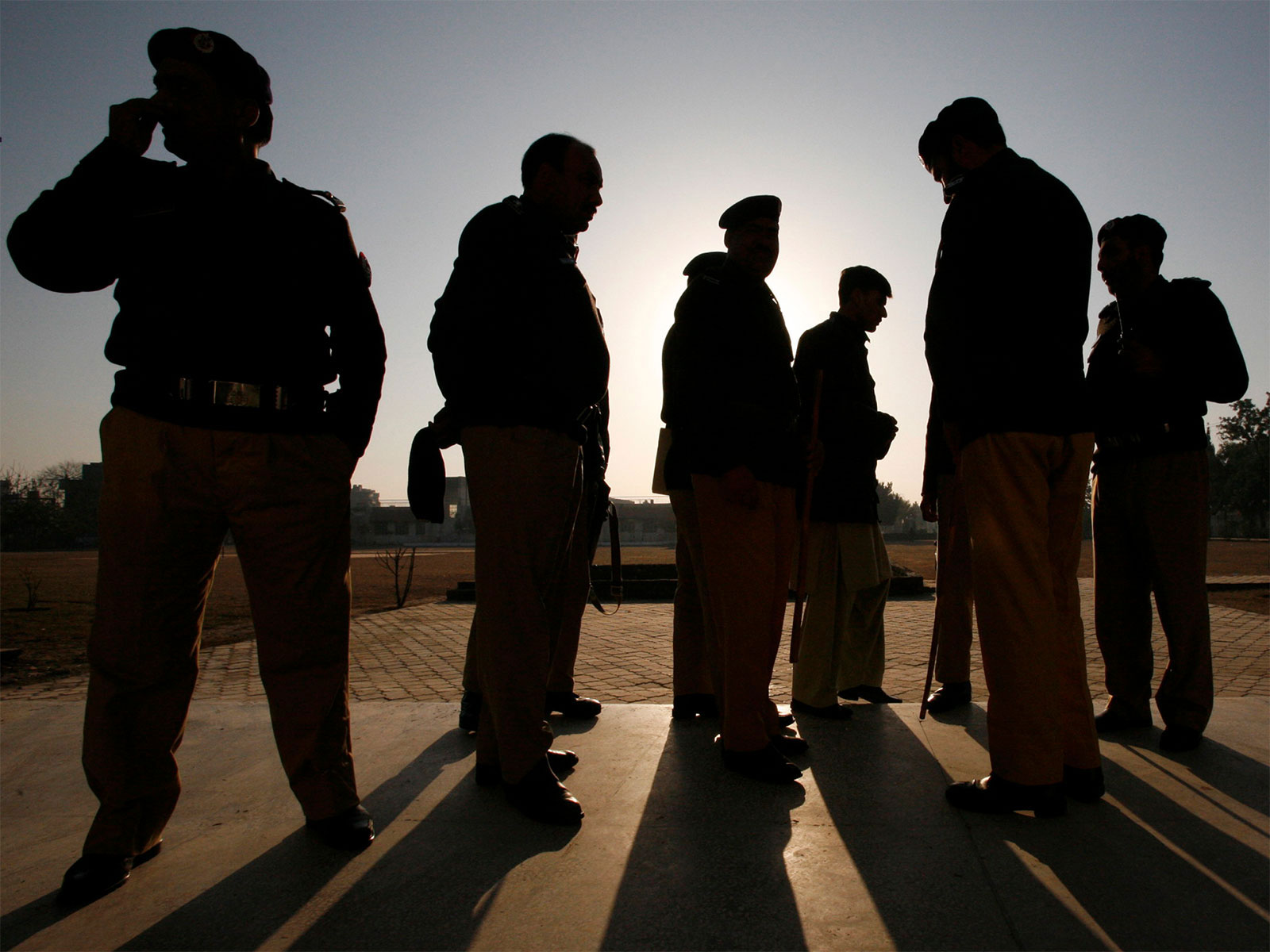Study finds doing more family caregiving might help reduce risk of suicide in men
Jun 19, 2021

Colorado [US], Jun 19 : Silvia Sara Canetto, who is a Professor of Psychology at the Colorado State University and has spent several years trying to make sense of the variability in women's and men's suicide mortality around the world, recently found that suicide rates are generally higher in men than in women, but not everywhere, which suggests cultural influences.
The findings of the study were published in the journal Social Psychiatry and Psychiatric Epidemiology. For the study, Canetto had researched patterns and meanings of suicide on basis of culture.
He and his colleagues completed this new study that provided insight into what may contribute to men's suicide vulnerability. The study tests Canetto's theory that men's suicide mortality is related to men's private-life behaviors, specifically their low engagement in family care work - not just the adversities they may encounter in aspects of their public lives, such as employment.
Many theories have been proposed to explain male suicide, Canetto said. Most link men's suicide mortality to the stresses and the demands of their employment and their economic-provider roles. These theories typically predict that male suicide rates would be higher when their employment and economic-provider roles are under threat.
Within this perspective, the typical suicide-prevention recommendation is to strengthen men's employment/economic provider role, for example, via programs that protect or support finding employment. Studies show, however, that economic adversities, including male unemployment, do not fully explain men's suicide vulnerability.
According to Canetto, men overinvest in economic-provider work and underinvest in family care work--a pattern that leaves them vulnerable when economic-provider work is threatened or lost.
The multinational and multidisciplinary study, published in Social Psychiatry and Psychiatric Epidemiology by Canetto, Ying-Yeh Chen, ZiYi Cai, Qingsong Chang, and Paul Yip, offers evidence of a suicide-protective role for men who engage in family caregiving. In their study, family caregiving was defined as, for example, providing personal care or education for a child, and/or providing care for a dependent adult.
The researchers examined suicide, male family caregiving, and unemployment in 20 countries, including the United States, Austria, Belgium, Canada and Japan. Suicide rates were found to be lower in countries where men reported more family care work.
In countries where men reported more such care work, higher unemployment rates were not associated with higher suicide rates in men. By contrast, in countries where men reported less family care work, higher unemployment rates were associated with elevated male suicide rates. Incidentally, unemployment benefits did not reduce male suicide rates.
Taken together, the findings of this ecological study suggest that men's family care work may protect them against suicide, particularly under difficult economic circumstances, Canetto said.
"Our study took a public health perspective. It examined population-level social and economic factors that may be driving population suicide patterns, across a range of countries," Canetto said. "Its findings point to new directions for suicide prevention."
"It appears that men benefit from doing family care work in terms of suicide protection. Doing family care work would be a way for men to diversify their sources of meaning and purpose, as well as their social capital and networks," stated Canetto. Men's greater involvement in family care work would also relieve women of their disproportionate caregiving load, and give children more resources.
The study's findings suggest incorporating support for engagement in family care work in programs aimed at reducing men's suicide mortality. "This means expanding beyond dominant frameworks of men's suicide prevention with their employment-support focus," Canetto explained. "It also means going beyond treating suicide as just a mental health problem to be solved with mental health 'treatments.'"
Finally, Canetto pointed out that the study's findings are consistent with other research findings. Collectively, they suggest that "having both family care work and family economic responsibilities is more conducive to well-being, health and longevity for men and women than a gendered division of family labor."




















